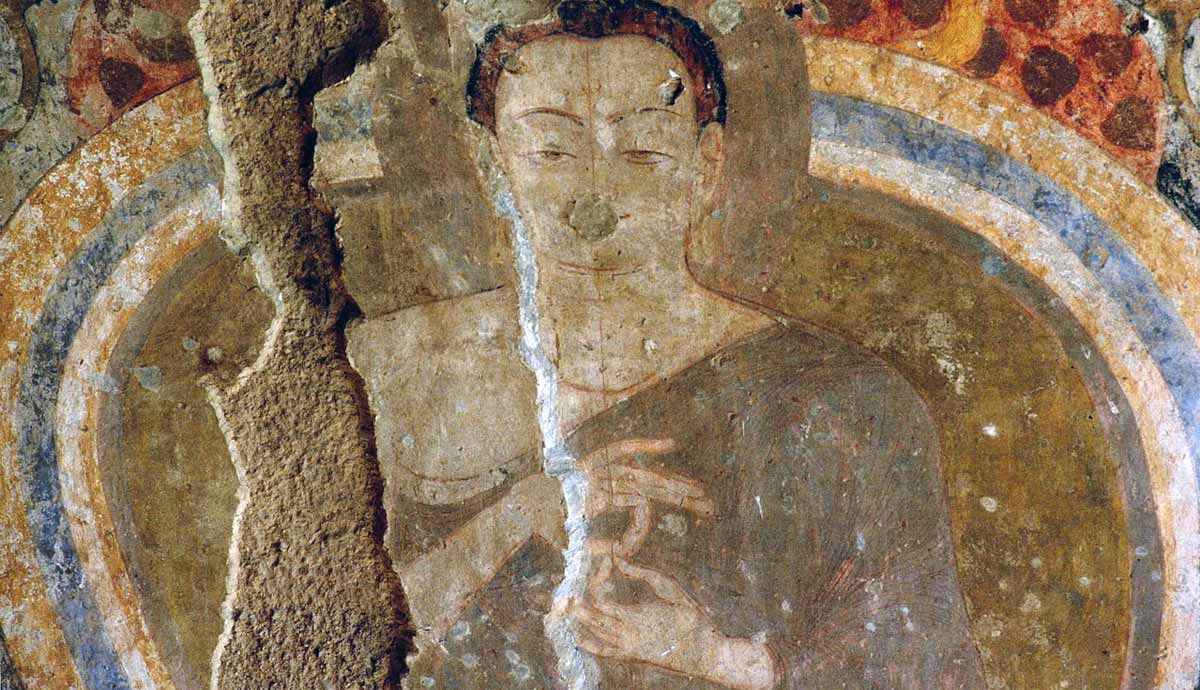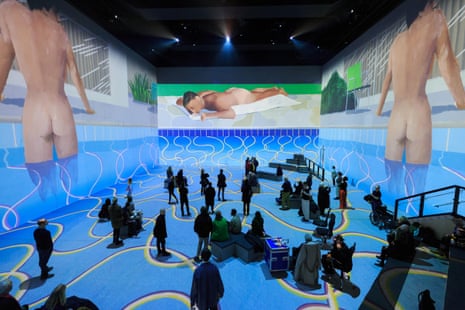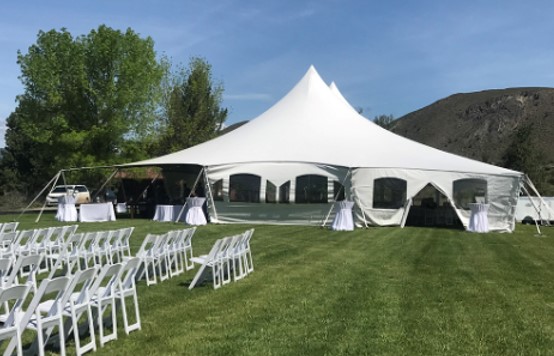Of all the artwork mediums accessible to artists nowadays, oil painting have to be one of the oldest and most enduring. Museums all around the earth incorporate all manner of oil paintings spanning the Renaissance to present-day occasions. These artworks show just how adaptable and common the medium continues to be. But who basically designed the 1st oil portray? When no a person actually knows the full record of the procedure, some clues let us to keep track of at the very least some of the historical past of the age-outdated art observe that lives on now.
The Earliest Known Oil Paintings Are from 7th Century Bamiyan, Afghanistan
The earliest examples of oil portray have been traced back again to the 7th century. Archaeologists found them in the historic village of Bamiyan in Afghanistan, close to the Bamiyan Buddha sculptures, in a previous web page on the silk trade route. Artists painted instantly onto the walls, and preserved their do the job with a layer of varnish. While these murals are the earliest acknowledged illustrations of oil portray, they are exceptionally subtle. This indicates the portray medium have to have currently been in exercise for some time.
Theophilus
Some centuries later on, the 12th century German monk, artist and author Theophilus integrated a description of oil painting in his manuscript On Varied Arts, produced in all-around 1125 Advert. Theophilus wrote about a course of action which involved “grinding colors with oil” to build a thick and vibrantly coloured paste for painting with. His method connected to attractive carvings, wood paintings, sculptures and murals, somewhat than great art. Instead, egg tempera (binding pigments with egg) that turned the dominant portray procedure for artists all through the Center Ages throughout substantially of the western earth.
Jan Van Eyck and Other Netherlandish Renaissance Artists
Different artists from the Netherlands popularized the oil painting medium throughout the 15th century Northern Renaissance. Their tips then distribute throughout Northern Europe and on to Italy. Leaders of the Netherlandish university were Jan van Eyck and his brother Hubert. Both of those artists produced an comprehending of how coloured pigments could mix with oils to create glowing colors and dazzlingly lifelike effects. Van Eyck labored with a layering course of action, underpainting with egg tempera ahead of layering this floor with transparent glazes of oil paint. This approach authorized him to create radiant, glistening consequences as the gentle penetrated by way of his translucent levels of paint.
Get the latest article content delivered to your inbox
Signal up to our Free Weekly E-newsletter
Giovanni Bellini and Titian
Main on the instance of Van Eyck, the Italian painter Giovanni Bellini assisted to popularize oil portray in Italy – like Van Eyck he however worked with a tempera underpainting, but he also pioneered tactics this kind of as impasto (thick levels), and soaked on wet procedures to create lively, expressive and painterly final results. Subsequent in Bellini’s footsteps was his youthful protégé, the pioneering Renaissance painter Titian, who created even additional cost-free and expressive paintings designed completely in oil, leaving obvious brushstrokes and paint marks on the canvas, hence revolutionizing a new solution to generating art.
Oil Portray Currently
Around the pursuing hundreds of years oil paint turned increasingly dominant as artists understood its full opportunity for building a massive selection of outcomes, this sort of as the translucency of pores and skin and material, the sheer consequences of light in the sky, minutely in depth depictions of mother nature and acts of impasto expressionism. The creation of new pigments, and eventually moveable paint tubes intended it turned a lot easier than at any time to adopt the material in the direction of the early-to-mid 19th century. Since then it has remained a crucial component of creative practices throughout the planet. Even nowadays, artists are continuing to experiment with its options, from Gerhard Richter’s squeegee paintings to Marlene Dumas’s watery innovations, proving there is continue to so much lifetime concealed within the historic custom.






More Stories
Special Tour “Painting History” Showcases Two Exhibitions at The Hood: “Historical Imaginary” and “Kent Monkman: The Great Mystery”
The Ambassadors by Hans Holbein the Younger | History Of The Painting
14 Groundbreaking African American Artists That Shaped History